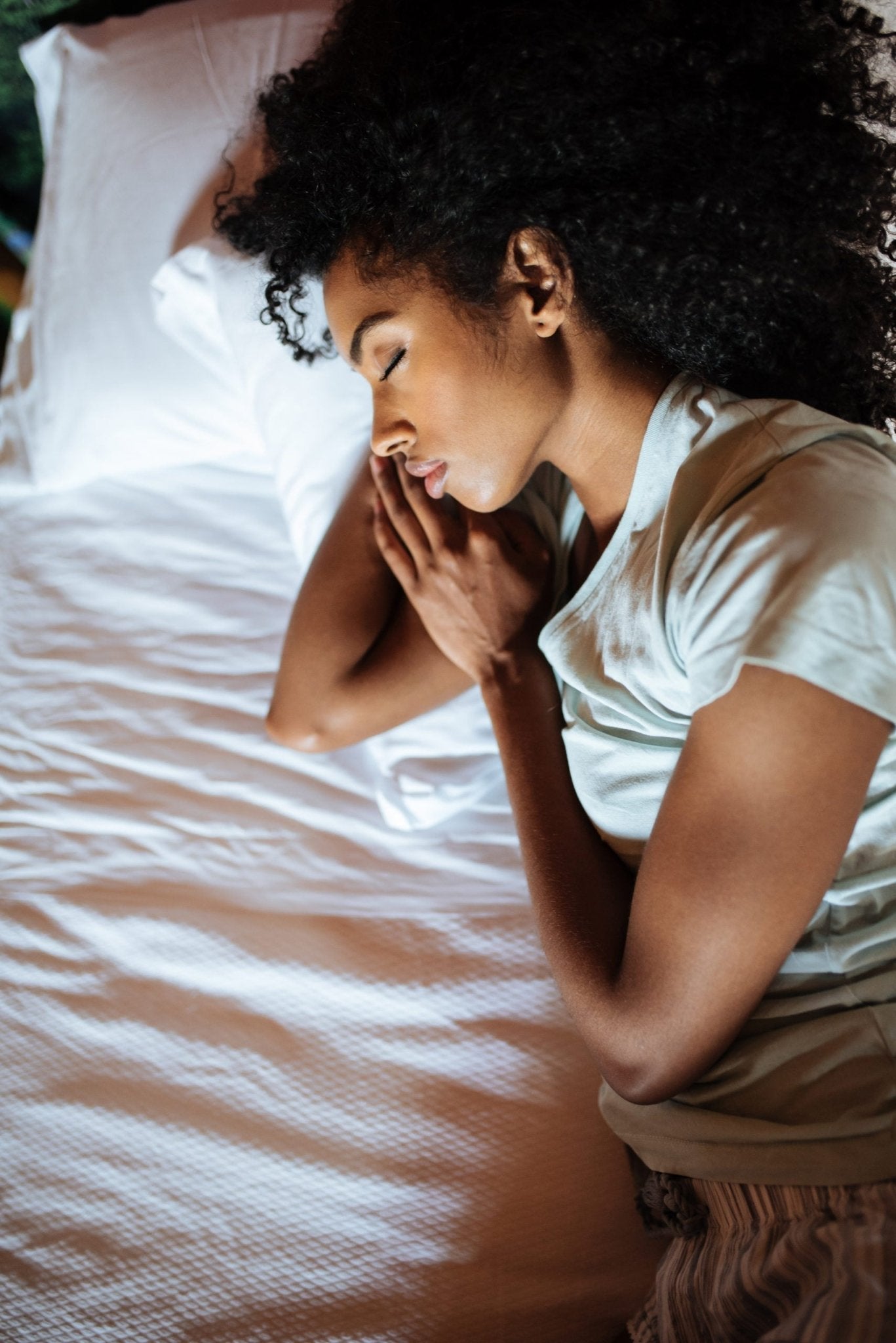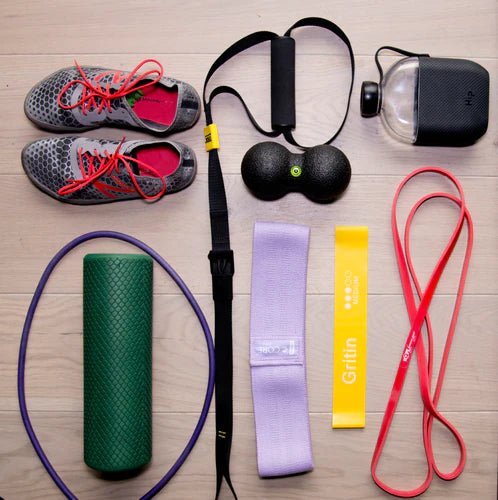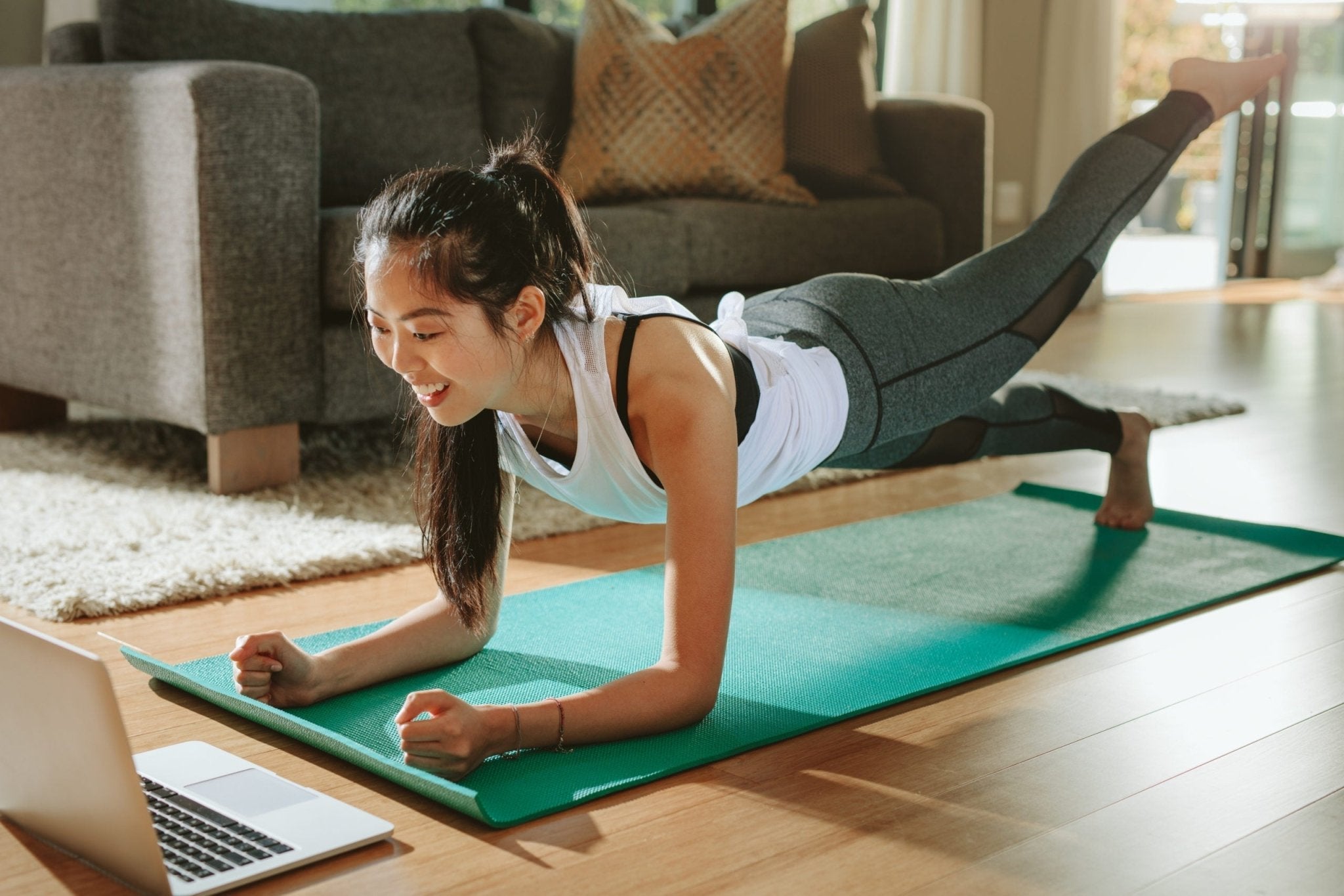Whether you’re so jet lagged you don’t know night from day, or you’re in an unfamiliar hotel room with strange flocked wallpaper that’s weirding you out, we know all too well that being away from home can play havoc with our sleep. So what to do? Create a sleep travel kit.
Jane Chung is a software engineer in the San Francisco HQ of Calm, the world’s most popular sleep and meditation app. Jane also describes herself as a “sleep enthusiast” and a “longevity expert,” and is on a mission to live to be 150. A self-confessed sleep geek, she explains that sleep is non-negotiable in her quest to live longer. “From the unfamiliar new bed, to the noise from the street or the next room, not to mention any time zone changes and jet lag, travel can up-end our usual sleep environment and routine,” she says.
According to Chung, we tend to sleep worst on our first night away because our body is thrown by the new environment it’s in. “Studies show that on our first night in a new environment, such as a strange new hotel room, only half of our brain sleeps,” she explains, “The other half remains alert, on the lookout for ‘predators’ (or their modern equivalent).” Fascinated and obsessed by the importance of sleep, Jane says that while she’s not a medical professional, she has a degree in bioengineering and likes to keep up with all the latest sleep studies. “I therefore know the fundamental importance of sleep on our general health,” she says.
With a very strict sleep routine when she’s not traveling, Jane takes sleep so seriously she sometimes wears sunglasses four hours before bed because of the role light exposure plays in regulating our circadian rhythms. She also fully monitors her sense of wellbeing when she travels and how her sleep is disrupted.
All this has led her to develop her own ‘Sleep Travel Kit’ that contains seven items that she now takes with her every time she travels. Thanks to this, she says, “I have been able to minimize the sleep disruption to my normal sleep routine and also avoid the drop in sleep quality on the first night away.”
What’s in a sleep enthusiast’s sleep travel kit?
Sunglasses and Blue Light Blocking Glasses
“Light exposure plays a role in regulating our circadian rhythm,” says Jane, ”It’s important to get enough sunlight during the day and then to get less light – especially blue light, that comes from screens and digital devices – close to your bedtime. The decrease in light exposure helps your body produce melatonin, the so-called “sleep hormone”, which helps you fall asleep.
While it might seem extreme to many of us, in order to block sunlight outside, Jane starts wearing sunglasses roughly four hours before her bedtime. She says, “Any sunglasses with dark lenses of reasonable quality should work.”
She then blocks out blue light inside, and dims the lights as well as wearing her blue light blocking glasses. Some that experts often recommend are the blue light glasses from Felix Gray. “I do this roughly two hours before bedtime. I’ve found the cheaper ones work just the same; it’s the aesthetics of the glasses that change with price,” she says. “I realize that some people might consider this extreme or even weird but I find it a big help and know others who do too.”

Electrical Tape and Travel Scissors
When you stay in a hotel room, all sorts of abnormalities are discovered such as a blinking red light on an alarm clock which keeps us up all night. For these sorts of lights, Jane places a small piece of electrical tape to put over it. (Make sure you take some nail scissors to cut it). She also uses towels or a pillow to block the light that seeps through the bottom of the door.
A Room Thermometer
According to Jane, the temperature your room is at is critical to falling and staying asleep, and says that the room temperature that most people find best for sleep is around 65 °F (18 °C).
She warns, though, that hotel room thermostats tend to be inaccurate, which is why she always travels with her own room thermometer. “Any thermometer will work,” she says, “I bought a standing one online.” Try this one from ThermoPro.

A Pair of Sleep Socks
Jane is also a fan of wearing socks to sleep in, as she says it's one way of lowering your core body temperature which, again, can keep you awake. “Doing so helps your feet get more blood supply,” she explains “Which draws the blood and temperature away from your core.”
Any socks will do, but some of our favorites are from TOAST, who do some amazing recycled, super-soft cashmere socks.
White Noise and/or Pink Noise
Research shows that white noise and pink noise have both been shown to deepen sleep. Never heard of pink noise? Pink noise is basically a sound signal that contains all the sound frequencies that occur in a human’s hearing from the lowest frequencies to the highest (but favors lower frequencies). It's even been shown to improve memory in older adults. Jane says that playing such noise while sleeping can also block any noise from the street and/or neighboring rooms.
When traveling, Jane uses the Calm app to play the pink noise soundscape during her sleep – but Calm also features a white noise soundscape, which some prefer.
“At home,” she explains, “I tend to prefer white noise (which is when all sound frequencies are played at the same time at the same density) over pink noise to sleep. But I’ve been experimenting with pink noise when I travel. If my sleep is not affected, I’d prefer to improve my memory as well.”
Jane also says that meditation is part of her sleep routine and that she usually plays the unguided meditation on Calm, before going straight to the pink noise soundscape.
A Sleep Mask and Ear Plugs
Key in Jane’s travel kit are also a sleep mask and earplugs in case she needs them.
“I’m not generally a fan of sleep masks,” she says, “Because waking up to natural light is best for your circadian rhythm. However, if the electrical tape does not do the job and the curtains don’t block out synthetic outside lights, I resort to the mask.”
“Personally, I find earplugs uncomfortable. But if there’s, say, construction or a loud party outside the hotel room and the white or pink noise at max volume doesn’t cover it, I then use them.”
A Pillow (optional)
Have you ever thought twice about hotel room pillows? We know that we have. And not just because of the idea that hundreds of people with colds and greasy hair have slept on them before you. “The key is to bring your own pillow in order to minimize the change in your sleeping environment,” she says.
Jane says that it’s not just the gross factor that makes her take a pillow away with her. “The brand of pillow is not important but the “fill power”” she says is, “That’s the volume inside the pillow that one ounce of down will fill, which needs to be above 700 for back sleepers. Higher fill power tends to be both softer and better quality (and also, I find, lasts longer).”
After trying many pillows and taking advice from others, Jane has ended up with a simple down pillow which works best for her. This one from ComfyDown is filled with 800 fill power European goose down and comes in a travel size.

It goes without saying that Chung is also a fan of the Calm app, which is the no.1 app for meditation, sleep and relaxation. With over 140 sleep stories, advanced mindfulness programs, a new meditation every day, and a new Calm Masterclass every month, it has been voted as Apple’s app of the year many times.



